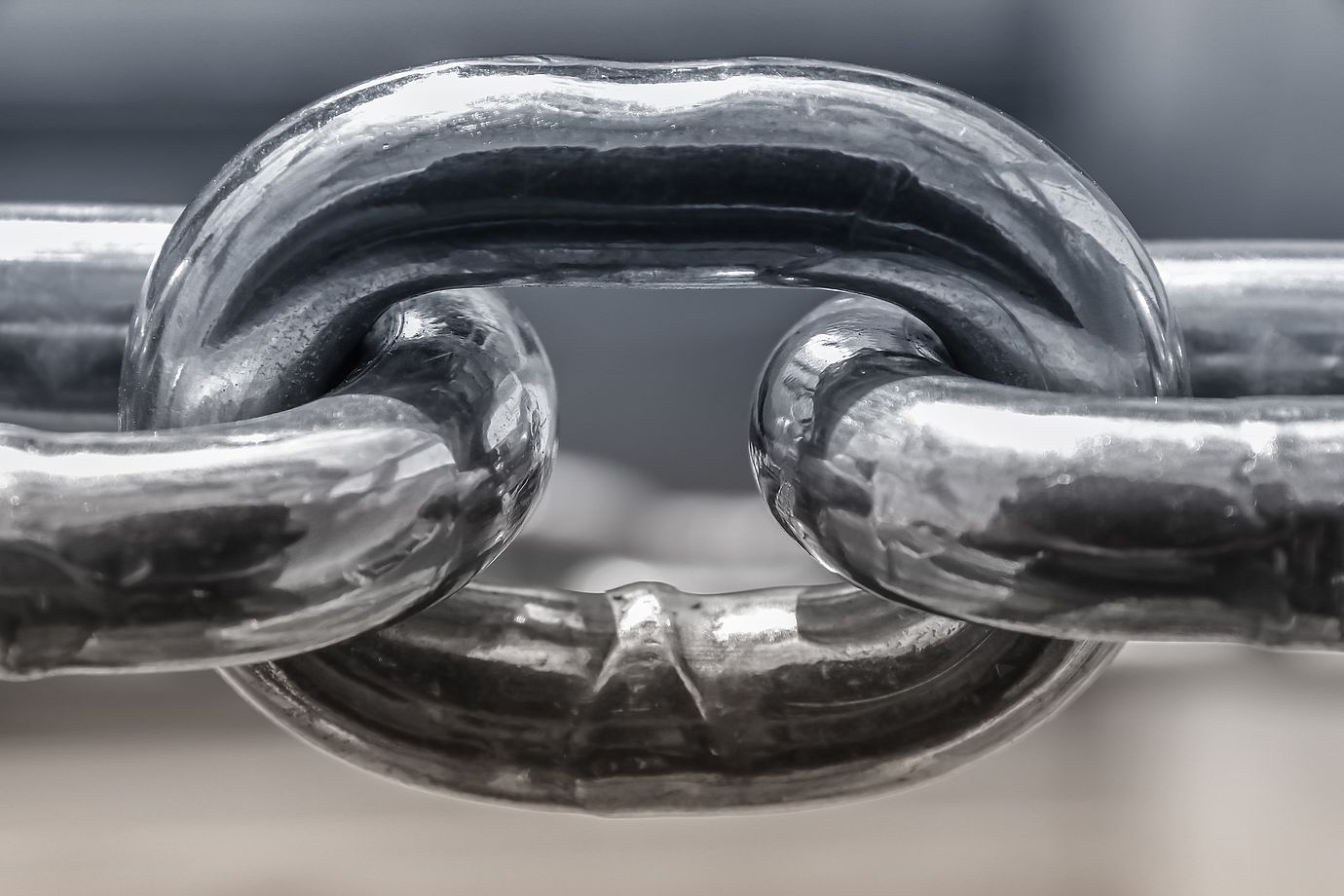The last blog post was about the importance of the safety culture in the context of the measures and precautions that are taken in companies to bring risks under organizational control. Today, we know what elements such a culture must include in order to be effective.
The most important part of a safety culture is trust
This statement is quickly agreed. But with trust it is one of those things. What goes through your mind in the following situation. A consultant shows up at your company and tells you that all you have to do is create a climate of trust to reap the rewards of a safety culture? Isn't that presumptuous? Is he just about to question your trustworthiness? It is not easy to talk about trust.
Trust is needed between managers and employees so that they can talk about all the things that are not going as they should. The observations that employees and experts make in their work, including their own mistakes, are the raw material for the organization's learning. In doing so, we must not look at human behavior in isolation from the design of the system and its functionality. Because if we locate incorrect actions solely in the fallibility of the human being, this falls far short. It would be an inhuman thought and it would be arrogant. For it would implicitly take for granted the infallibility of the system in which man is active. That would not be honest.
To illustrate: What was the experience of the two cockpit crews of the Boeing 737 MAX with the 'system' during the two devastating crashes in 2018 and 2019? They had to watch how their system interfered with the flight controls and how they were humiliated by it because all their interventions had no effect.
It is obvious that in this case there was gross systemic wrongdoing by Boeing in the construction and certification of the plane. And yet we can assume that there were people at Boeing who saw these mistakes. Why didn't they report it? The answer is obvious. They couldn't trust that their comments would not have negative consequences for them. They were afraid. And they had no way of reporting their observations confidentially to a department independent of line management. The latter is an unforgivable system error. The fear is the result of incompetent leadership. A leadership that is not trustworthy.
The problem with trustworthiness
I don't know how you feel about this topic. After all, it is a good that is connected with high demands on oneself. I am sure you have many examples at hand that prove your trustworthiness. But if you dig a little deeper, you will also remember situations in which you have disappointed others. These are situations in which you have abused the trust that others had placed in you. There will not be many, but there are. And what about the situations in which you have disappointed yourself? Situations in which you did not live up to the expectations and demands you made of yourself? These are the situations that showed you that you cannot always trust yourself either. Do these reflections not give us the hint that we tend to have an overly idealized view of ourselves? A look that makes us believe that our trustworthiness is basically given.
I plead for sincerity, humility and modesty. These are virtues that are valuable assets of managers in the High Reliability Organizations. They help you to create a fear-free climate and give psychological safety to your colleagues. A safety they need to help you as a leader to actively participate in improving the system.
Looking at the practice
My experience is that managers often react with irritation when they hear of a reporting system that guides the flow of reports past them to an independent department. Those who react perceive it as a vote of no confidence. They interpret it as a question of their trustworthiness and as a lack of appreciation. Even an offended pride can resonate, coupled with a feeling of being cut. These are unmistakable indications for these managers that hey are primarily concerned about themselves and not about improving the system. Some of them may also have the idea that they are liked by their employees and that they trust them completely. Whatever the case. We have to deal with the realities. Every manager has power. Be it in the form of the ability to qualify employees, or be it the fact that they can actively influence or even control the further development of their people. These two aspects of power alone have the potential to hurt employees. It is therefore rational and reasonable if they offer their superiors as little reason as possible to use their power to their disadvantage. And here silence is often the best option.
But how can you as a manager do your job properly if important information is withheld from you? If you don't know where the system is stuck or what mistakes your employees are making? It is your responsibility as part of the management team to continuously improve the system.
The situation is different with the obligation to report things that do not work as they should, including your own mistakes. That is the job of everyone in the company. It is irrelevant who made the mistakes. What counts is the question why they happened. To support this point of view, it is advisable to negotiate a honesty deal with your direct reports. "You make an honest effort to do a good job and I promise to deal with your mistakes honestly". You will succeed in the latter much better if you have the virtues discussed above on board and are aware of your own fallibility. Once you have made this deal, you will certainly be a bit more trustworthy than without such a contract. Because you have shown that you are responsible for improving the system and that you are aware of this. And you have shown that you know that human actions are always subject to systemic influences. Influences that you always take into account first and foremost in your assessment of failures. With such a deal, you also convey an understanding of the mutual responsibility for reliability and safety within the company. As a welcome side-product, you strengthen the team spirit of your crew.



